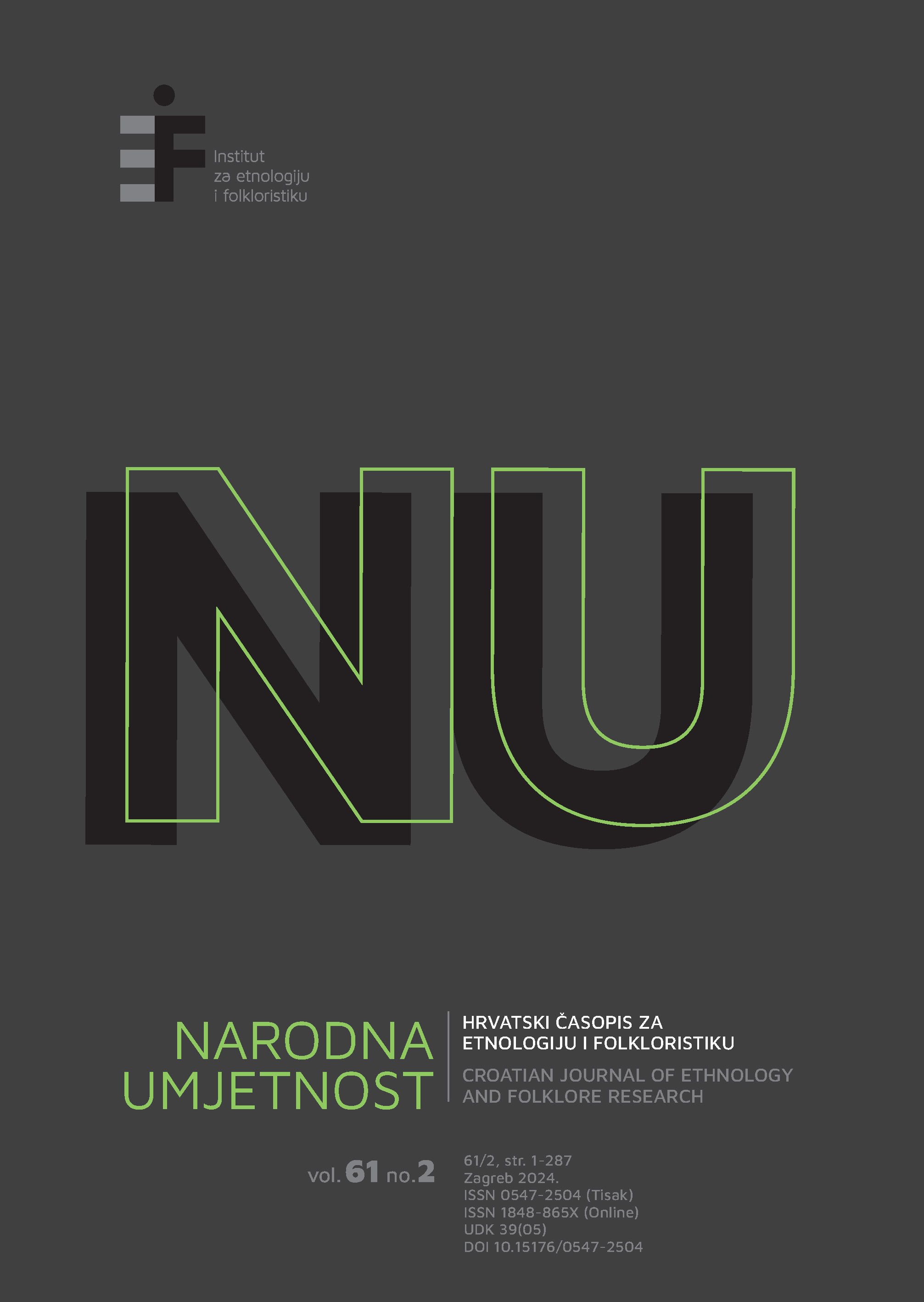Who Got the Short End of the Stick? The Collaboration Between Radio and Zagreb-based Record Companies During the Shellac Records Era
Abstract
The article is based on a Croatian ethnomusicological collaborative research project representing the first systematic scholarly approach to the earliest Zagreb-based record companies. It examines the topic within the framework of cultural and creative industry theories, emphasizing its role in producing (musical) culture and reflecting society. The observed period (1926–1959) encompasses the production of 78 RPM shellac records by Edison Bell Penkala, Elektroton, and Jugoton. The text focuses on a crucial aspect of the record industry’s development: the role of radio. Through three focal points, the article identifies different roles that radio played in relation to the record industry, highlighting the essential market aspect of the latter. Drawing inspiration from the business world and experimenting with its concepts, this analysis contributes to the growing literature within the discipline’s new branch: economic ethnomusicology. It presents radio’s supervisory role as Jugoton’s Administrative and Operational Management (AOR) and examines its roles akin to human resources (HR) and public relations (PR) departments. The final section considers the benefits that radio might have reaped from the first domestic record companies.
Ključne riječi: economic ethnomusicology, historical ethnomusicology, radio, record industry, 78 RPM records
Downloads
Published
Issue
Section
License

This work is licensed under a Creative Commons Attribution-NonCommercial-NoDerivatives 4.0 International License.

